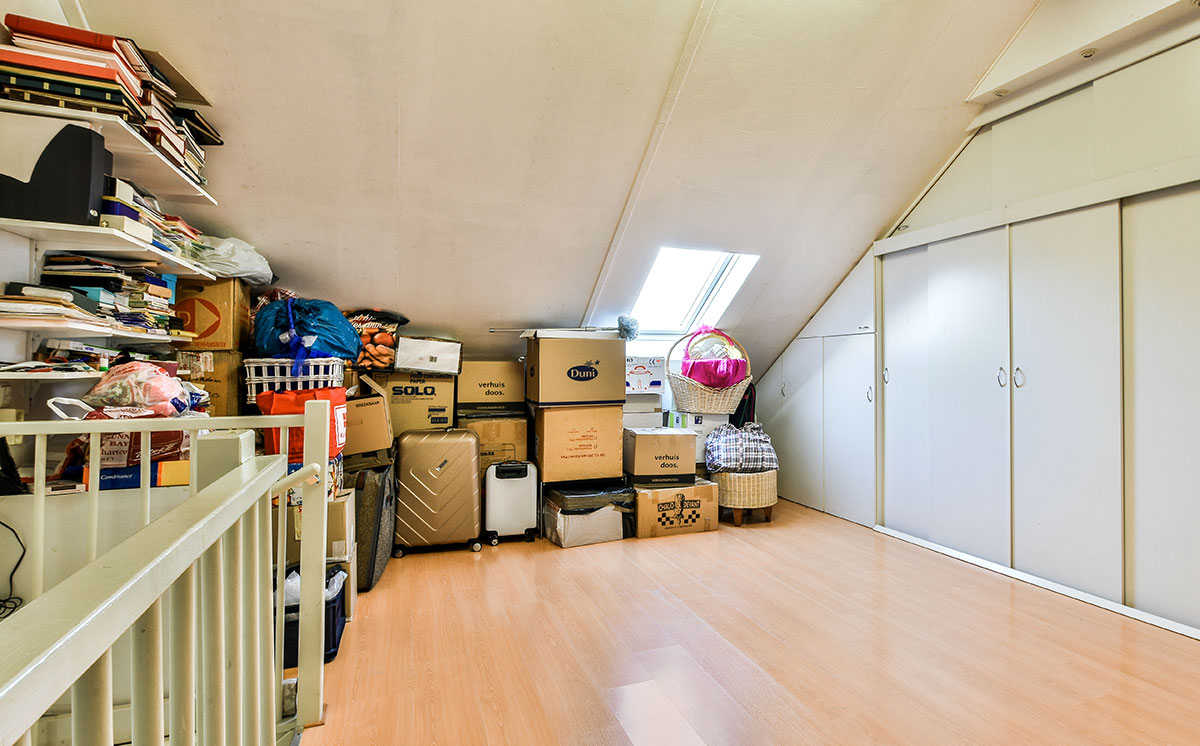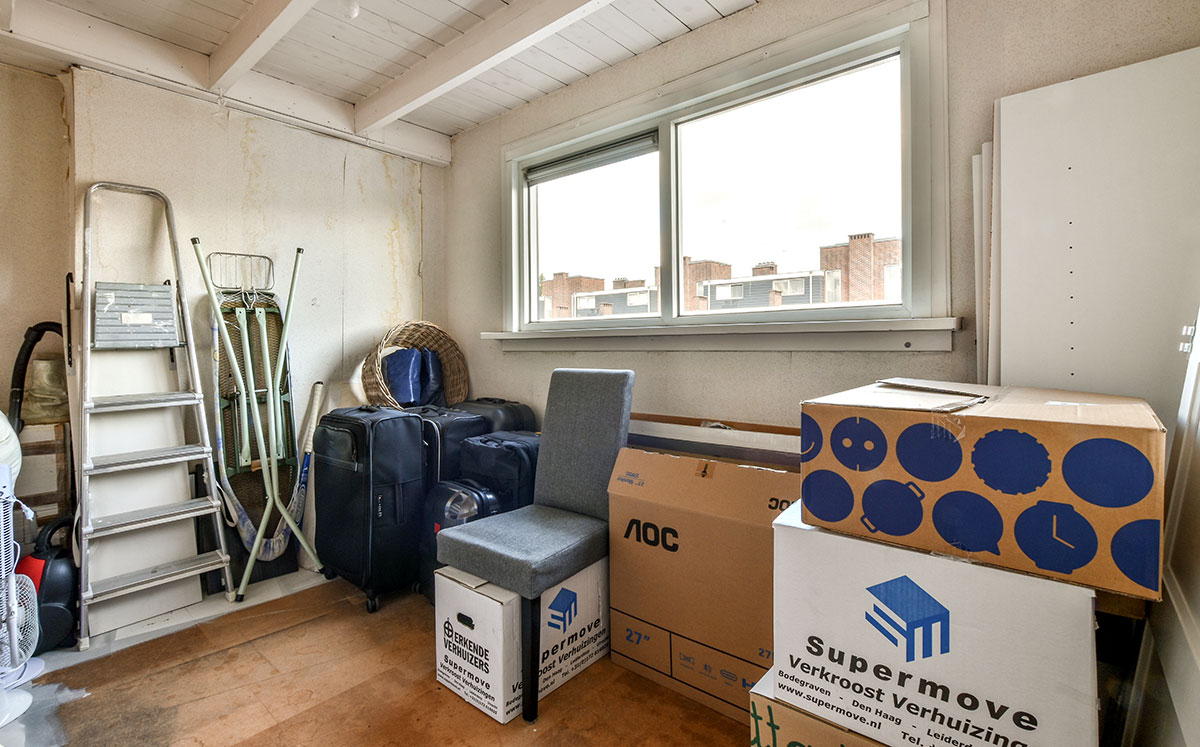
When Landlords Store Their Stuff on the Property – And Why That’s a Bad Idea
Nevada and Florida are one of the most competitive rental markets in the USA. Property owners are expected to meet high standards. Still, a surprising number of landlords store their stuff on the property they rent out. This decision often causes more trouble than it’s worth.
Whether it’s old furniture, unused tools, or forgotten boxes, landlords who leave items behind create legal and practical issues. As a matter of fact, Las Vegas and Reno Property Management companies strongly discourage this practice. It affects property value, tenant relationships, and even legal standing.
Cluttered Rentals Kill Curb Appeal—and Profits
A clean, empty space helps potential tenants imagine themselves living there. Leftover landlord items destroy that effect. A broken chair on the porch or random boxes in the garage lowers the perceived value of the rental. In the competitive real estate markets this can hurt you.
In contrast, clean rentals lease faster. A cluttered home stays on the market longer and usually rents for less. Renters expect a professional setup. Personal items feel intrusive and unprofessional.
Hence, the property earns less and draws fewer qualified tenants. The damage to your image as a landlord is immediate. Prospective renters judge properties quickly, and a cluttered first look often leads to a lost opportunity.
Legal Hazards and Liability Risks You’re Creating
Leaving personal items on rental property can create legal trouble. Nevada law gives tenants the right to “quiet enjoyment” of their rented space. If landlords store their stuff on the property, they may be violating that right.
Tenants can claim that these items are intrusions or even hazards. If a tenant trips over a landlord’s old bookshelf in the garage, injury claims could follow. The landlord’s insurance may not cover the accident.
With this in mind, landlords should check their policies carefully. Insurance companies often reject claims involving unauthorized storage. Of course, this leads to out-of-pocket costs and potential lawsuits.
Not to mention, stored items can attract pests or pose fire risks. That creates another layer of liability. Property managers are familiar with these issues. They’ve seen how fast things can spiral out of control.

Landlords store their stuff on the property because it feels convenient, but that small gain often leads to larger losses
Why Mobile Storage Works Well
Some landlords hold onto items because they don’t know where else to put them. That’s why if you’re running out of room at home or in your garage, it may feel easier to leave things at the rental. But that quick fix often creates long-term problems.
A smarter solution is mobile storage. These units are delivered to your location, loaded on your schedule, and then taken away. You don’t need to haul items across town or leave them sitting at the rental. This is why mobile storage works better than cluttering a tenant’s living space.
Mobile storage has gained popularity in cities like Las Vegas, Reno, and even in Florida, where space is limited and rental properties turn over fast. Property owners need flexible, temporary storage that doesn’t interrupt their tenants’ use of the home.
This option protects your belongings, keeps the rental clean, and avoids conflict. Tenants see a well-managed property. You get convenience without risk. With this in mind, mobile storage offers a real solution for landlords trying to stay organized and professional.
“Landlords Store Their Stuff on the Property”—The Consequences You Didn’t Consider
The phrase “landlords store their stuff on the property” signals trouble to both renters and property professionals. It implies a lack of organization, poor planning, and disregard for tenants’ rights.
Besides, it makes the landlord seem unavailable or disconnected. Renters may worry about future upkeep or response times. These feelings lower tenant satisfaction and increase turnover.
Similarly, the presence of landlord belongings suggests the property isn’t a full-time home. That can hurt the emotional appeal. Renters want to feel like it’s their place, not a shared storage unit.
In short, storing your things on-site sends all the wrong messages. It may save you time in the short run, but it costs more in the long term.

The presence of landlord belongings suggests the property isn’t a full-time home
Property Managers in Las Vegas and Reno Say: Don’t Do It
Local property managers see the damage caused by leftover landlord items. Many report that tenants complain or walk away from deals once they see the clutter.
As an illustration, a Reno property management company shared a case where a landlord kept tools in the shed. A tenant tripped, and the injury claim cost thousands. The landlord had to pay out of pocket due to a coverage exclusion.
Another key point is that tenants often ask for rent discounts when they see landlord belongings. They assume less space or higher risk—and they’re right. That’s why experienced managers recommend complete removal before listing any property.
Nevertheless, some landlords don’t believe it’s a big deal. They think tenants won’t mind. That assumption is wrong. Property professionals in Las Vegas and Reno consistently urge landlords to clear out everything.
Smart Alternatives to Using the Rental as Your Storage Unit
There are better options. Renting a storage unit is the most common solution. It removes the risk, preserves your items, and keeps tenants happy. Many affordable options exist near Las Vegas and Reno.
In contrast, using the rental as a cheap storage fix often leads to expensive mistakes. For sensitive items, consider climate-controlled storage. This is especially useful for electronics, documents, and wooden furniture.
With this in mind, some landlords use inventory apps to track stored items. This makes organization easier and limits misplaced or forgotten items.
If you need to store things between tenants, set a strict timeline. Move everything out before the next lease starts. Never assume that tenants will be okay with shared space.
Hence, using off-site storage helps avoid legal trouble and keeps your property competitive. It also helps you maintain a professional image, which matters to tenants and managers alike.

If you need to store things between tenants, set a strict timeline
Summary: Why Storing Items on Rental Property Just Isn’t Worth It
To say it plainly, landlords store their stuff on the property because it feels convenient. But that small gain often leads to larger losses.
In short, you lose tenant trust, weaken your brand, and face legal risk. Items left behind create safety issues, hurt your rental’s appeal, and cause tension with renters.
Of course, professional landlords in Las Vegas and Reno know better. They clear out their properties fully, work with storage providers, and keep their rentals ready for new tenants.
As a matter of fact, avoiding clutter and extra items on-site helps you rent faster and protect your investment. The message is clear: store your items elsewhere and treat your rental like a business. Because it is one.
Let your tenants enjoy full use of the space. Keep your reputation strong. Stay out of legal trouble. And most importantly—respect the rental as their home, not your storage unit.